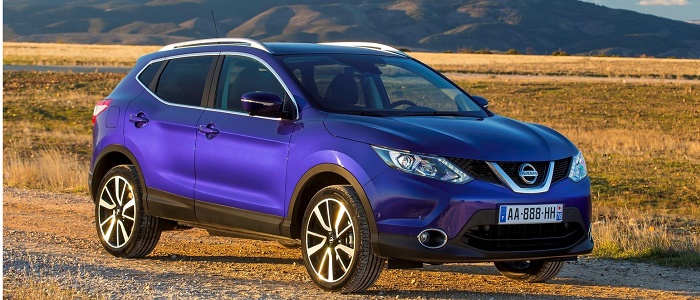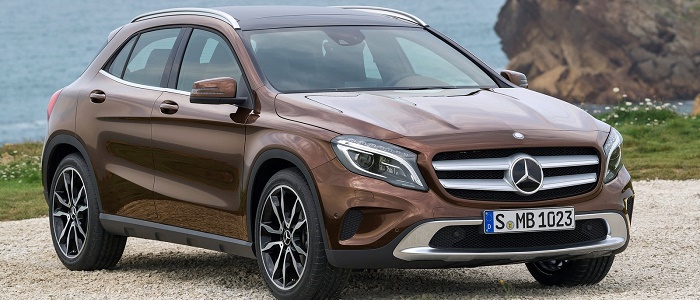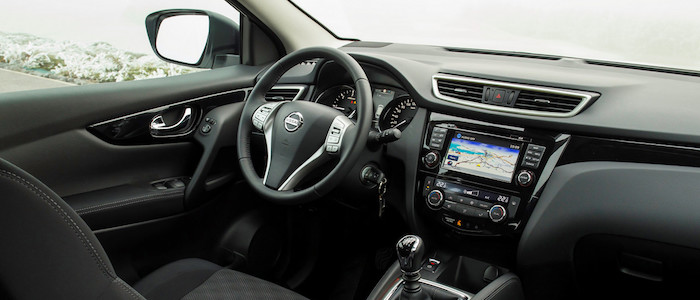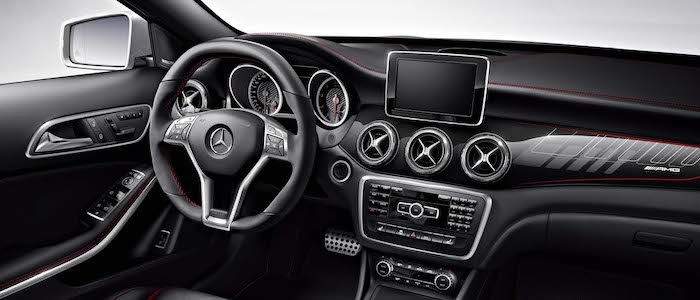Compare two cars
Compare any two cars and get our Virtual Adviser™ opinion
Dimensons & Outlines
Check vehicle history
Engine
1.5 dCi K9K 865
Performance (manual gearbox)
Performance (automatic gearbox)
Expenses
Virtual Adviser's™ opinion
Two significantly similar cars, no doubt about that. Still, each one has something different to offer. Having both cars powered by diesel engines and utilizing the 5-door suv body style within the same 'SUV' segment, the only major difference here really is their wheel drive configuration (4 x 4 for the Nissan and front in the case of the Mercedes Benz). Both the engines are Renault-engineered . The first one has a 4-cylinder, 16-valves 130hp unit, while the other one gets its power and torque from a 4-cylinder, 8-valves 110hp one.
SafetyA starting point here would be to take a look at the results from European New Car Assessment Programme (Euro NCAP) tests which were performed on both of the cars, with the same number of safety stars gained in the process. Still, apart from the official crash test results there are other things we need to be aware of. Both vehicles belong to the suv segment, which is generally a very good thing safety-wise, but it doesn't do much to help us decide between the two. Furthermore, taking kerb weight as an important factor into account, the Japanese car offers a considerable difference of 11% more metal.
ReliabilityI don't like generalizing things when it comes to reliability, although it does seem that Nissan as a brand displays somewhat better results, when all the models are taken into account. That's the official data, while our visitors describe reliability of Nissan, as well as Mercedes Benz, with the same average rating of 4.3 out of 5. Some independent research have also placed Qashqai as average reliability-wise, and GLA is more or less at the same level.That apart, owners of different cars powered by the same engine as the Japanese car rank it on average as 4.6, while the one under the competitor's bonnet gets 4.3 out of 5.
Performance & Fuel economyNissan is a bit more agile, reaching 100km/h in 0.4 seconds less than its competitor. Still, it lacks the power to win the top speed competition, topping at 190 kilometers per hour, exactly the same as the other car does. When it comes to fuel economy the winner has to be the German car, averaging around 3.8 liters of fuel per 100 kilometers (74 mpg), in combined cycle. We can't ignore that 29% difference compared to the Japanese car.
Verdict
Nissan appears just a bit more reliable, although the difference is truly marginal. The most important thing when deciding between any two vehicles should always be safety, both passive and active. In my opinion, everything taken into account, the Japanese car offers significantly better overall protection, taking the lead here. It all continues in the same direction, with Nissan offering somewhat better performance, just enough to call it quicker. It does come at a cost though, and that's the fuel consumption... It's really tough to make a final decision here, but if I'd need to, I'd say Mercedes Benz. Anyway, that's the most objective conclusion I could've came up with and it's based solely on the information found on this website. Aspects such as design, practicality, brand value and driving experience are there for you to measure them out. Also, you could use the oportunity to find out which car, everything taken into account, would be the perfect choice for you in the eyes of the virtual adviser™, among thousands of similar, yet so different vehicles.


































